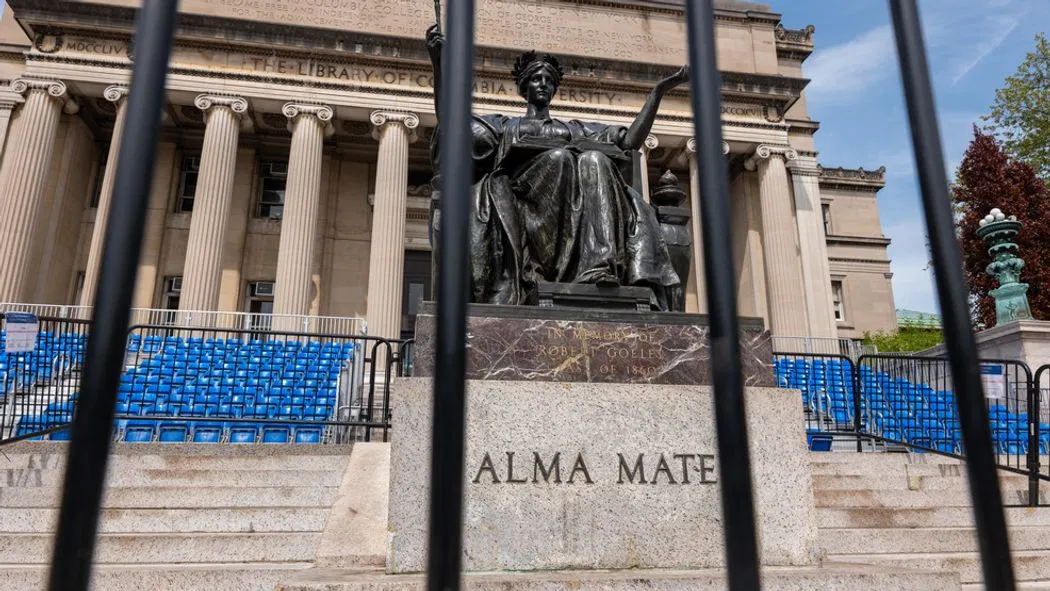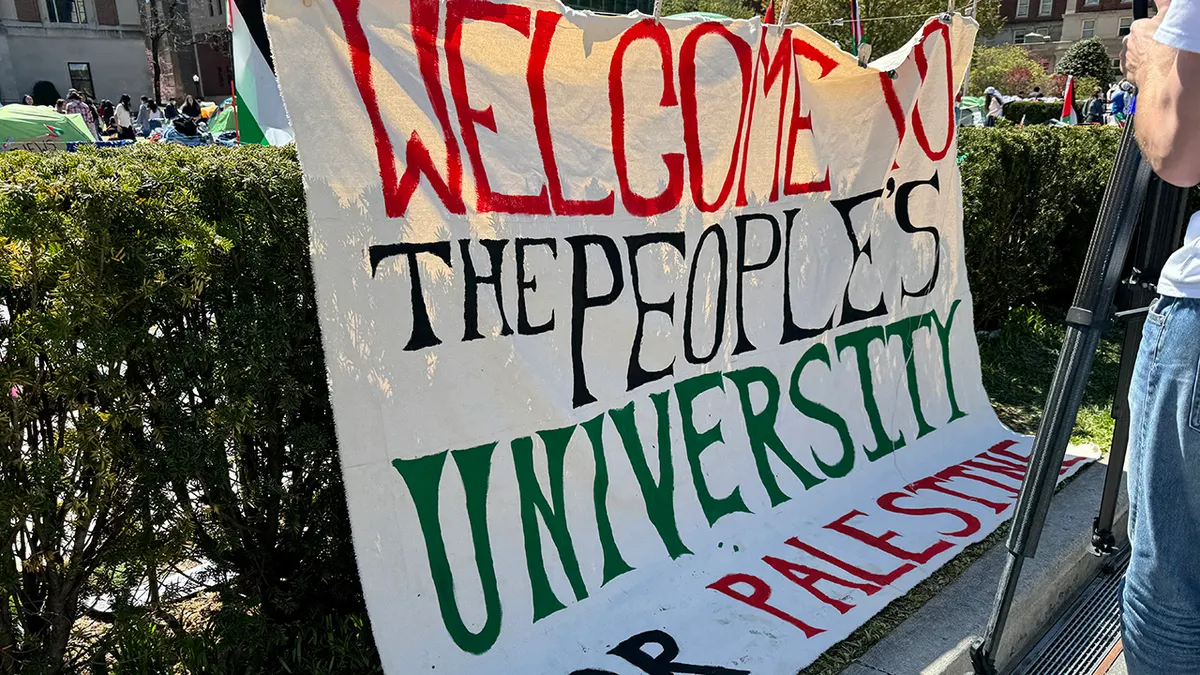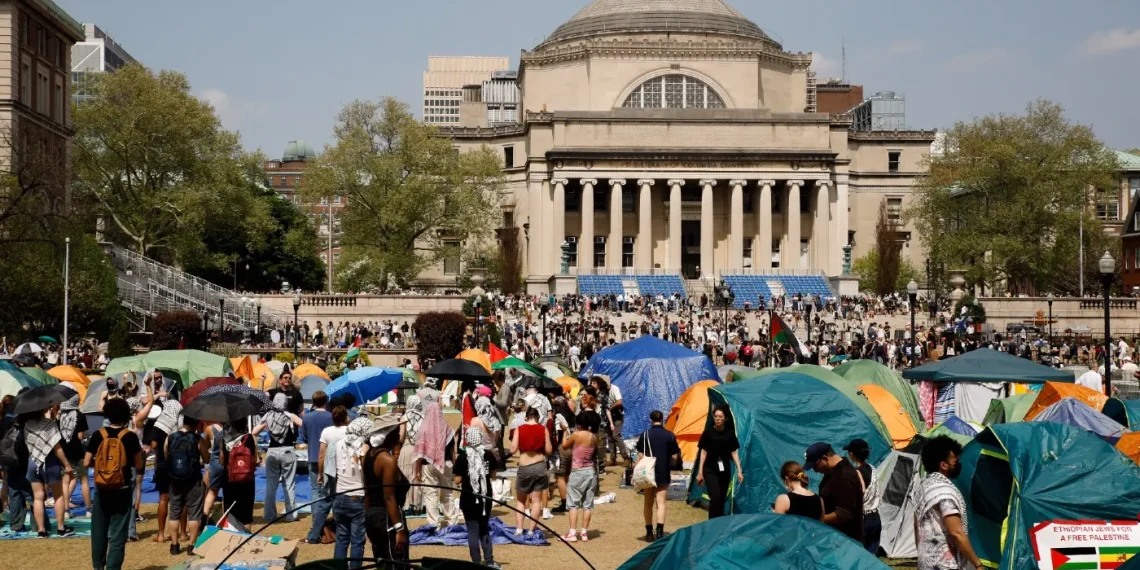Columbia Law School’s dean affirmed the competence of its graduates in response to a boycott by 13 conservative federal judges.
The judges announced their decision, citing concerns over the university’s handling of pro-Palestinian protests and labeling the campus as an “incubator of bigotry” in a letter to Columbia’s President and Law Dean.
Dean Gillian Lester emphasized that Columbia Law graduates were consistently sought after by leading employers in both private and public sectors, including the judiciary.

The lead signatories of the boycott were all appointees of former President Donald Trump. Their actions echoed previous calls to boycott hiring clerks from Yale and Stanford due to disruptions of conservative speaker events.
Despite the vocal boycott, data suggests its real-world impact may be limited. Columbia Law School does not serve as a significant source for federal clerkships, with only about 5% of its graduates entering such positions.
In contrast, other top law schools like the University of Chicago, Yale, and Stanford send over 20% of their graduates into federal clerkships.
It’s unclear whether any of the boycotting judges had previously hired a Columbia Law graduate as a federal clerk.

While some judges expressed support for the boycott, others, like U.S. Circuit Judge Jerry Smith, refrained from joining.
Chief U.S. District Judge Randy Crane of the Southern District of Texas highlighted the unfairness of punishing students for participating in protests, acknowledging that some may be Jewish and have faced threats and harassment.
The controversy underscores broader tensions surrounding freedom of expression on college campuses and the role of universities in fostering diverse viewpoints.




